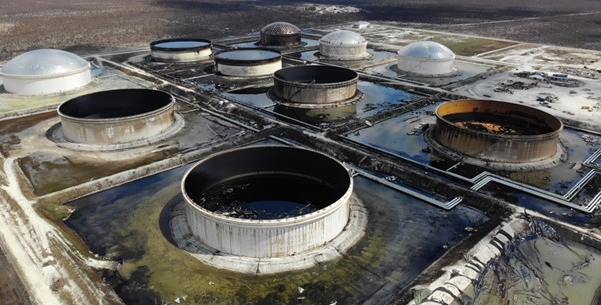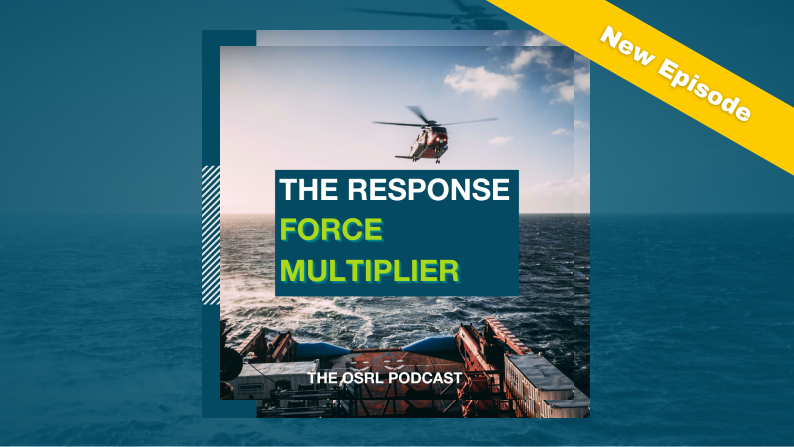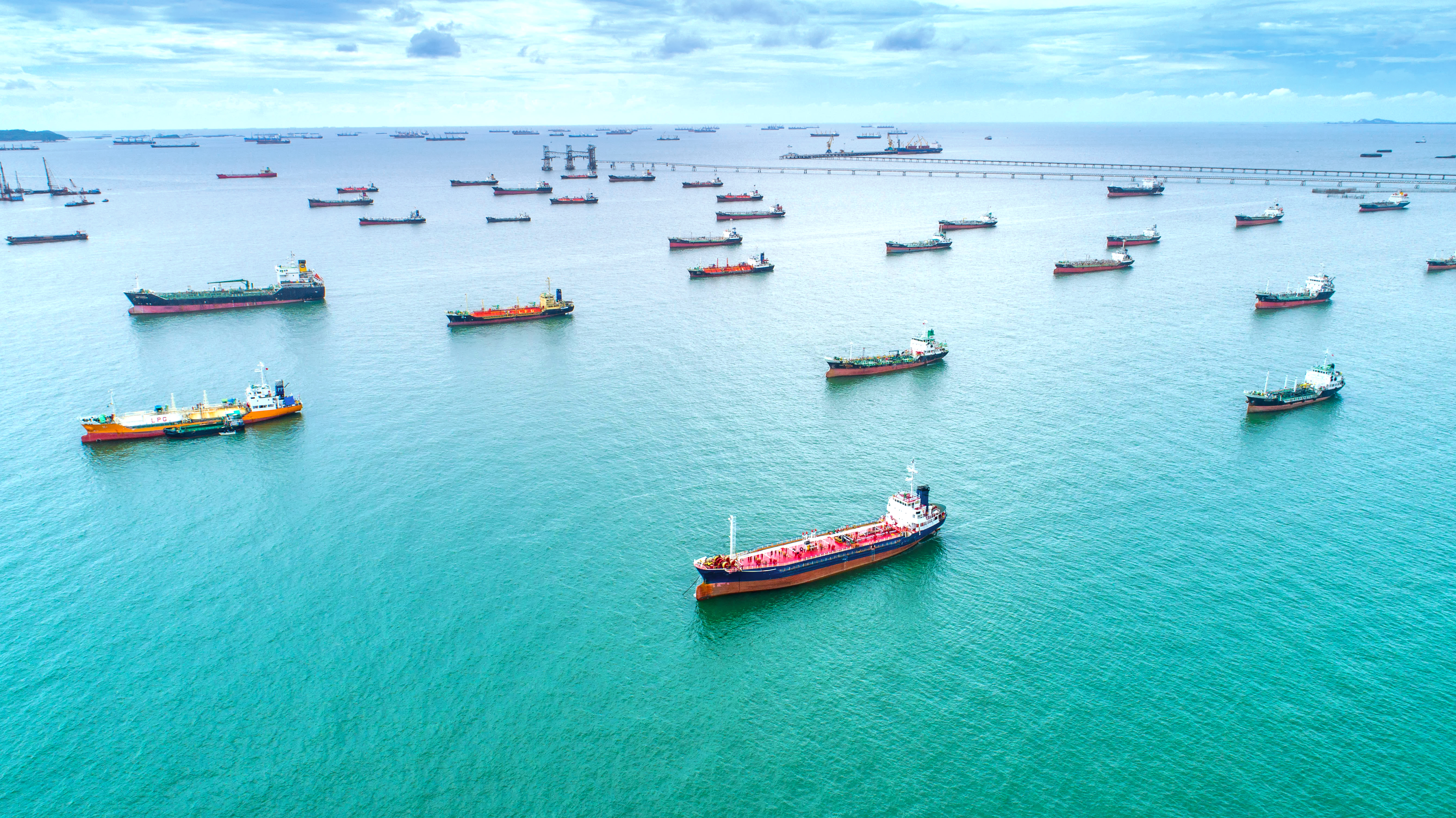Hurricane Dorian's Impact on Shipping Terminal: A Comprehensive Crisis Management Response to Environmental Challenges
Crisis Management:
An oil and gas company was operating the South Riding Point Terminal on the Island of Grand Bahama when Hurricane Dorian hit in September 2019, it left mass destruction in its wake and forced the terminal to close to allow repair work to take place.
Following the devastation caused by the strong winds and extreme downpours, the company requested that we write a proposal to produce and implement an Environmental Risk Analysis (ERA), Oil Spill Response Analysis (OSRA), and Oil Spill Response Plan (OSRP) for operational activities at the South Riding Point Terminal.
The main objective of the ERA for this terminal was to assess and describe the risk of harm to the environment when relating to accidental discharges of oil and other substances that may have leaked into the water and surrounding land during the storm.
The ERA describes relevant risk-reducing measures and their effect on minimizing the probability of a decrease in harm to the environment in the event of an accidental spill. The main reason for implementing an OSRA was to consider the tactical and logistical aspects of the preferred response strategies when addressing different oil spill scenarios. This also detailed how the terminal could maintain an effective and operationally focused approach to the oil spill response operation, concentrating on the risks they faced.
The results from the OSRA were implemented in the OSRP along with oil spill modelling that detailed the areas potentially at risk of impact from the worse-case spill scenarios that were identified.
Sensitivity maps for the area were developed through a desktop study, working to the principles laid out in the IPIECA/IOGP sensitivity mapping good practice guide. The areas that needed to be covered by the mapping were discussed and agreed upon with the client during the project. The backshore areas were covered, and the sensitivity mapping focused on a shoreline response rather than an inland spill situation. A series of tactical maps and an accompanying strategic map were expected to be the most appropriate deliverables for the study.
In the aftermath of the hurricane, we faced many challenges, including the logistics in Miami at the time, the Government Stand Down, and the lack of motivation among the local workforce. We were also faced with a ‘Disaster Working Risk Assessment’, which led to our initial response being delayed. There was also a lack of opportunities for us to send out our surveillance aircraft initially, due to access and infrastructure in the area and continuing adverse weather.
No organisation is immune to a crisis - are you ready?
Ensure you have an effective Crisis Management Team and functional crisis preparedness system in place with our Crisis Preparedness Services.
Extreme Weather Management:
During the hurricane, substantial damage to a Tank Farm based at the port caused a significant amount of Heavy Oil (Type 4) to be released into the local water.
Our role in responding to this event was to provide an Incident Management Team (IMT) to support the clean-up operation, whilst also supplying Technical Advisors, Aerial Surveillance, Shoreline/Inland Surveys, and Offshore Response.
We were contacted by the client at the ICP in Houston, and our initial response to the incident was to identify and prepare offshore equipment at our Florida Base in Fort Lauderdale. We had five responders ready to go initially, and we arranged for five more to travel out to Fort Lauderdale to be able to access the site quickly if and when they were needed.
The operations were initially carried out from vessels equipped with accommodation and medical support facilities located near the terminal, mainly due to the lack of infrastructure and the conditions in the area following the hurricane.
The category 5 storm, Hurricane Dorian, caused severe damage to the tank farm situated on Grand Bahama Island, resulting in an estimated loss of around 1000m3 of oil into the water. The rooves of the tanks were lifted by the high winds and storm surge, causing oil to be spread across the North Eastern part of the island. The total volume of oil lost is still unknown.
After the initial response, we conducted Shoreline and Inland surveys, including teams made up of Polaris, ex-ITOPF personnel, and members of our own team.
Through conducting the surveys, we discovered that the forest north of the terminal had been significantly affected by the oil spill. Once we had produced the final analysis of the above assessment, we were asked to provide expert consultancy and training on the OSRP for future preparedness.
The environmental areas recognised as being at risk from the spill were;
- Standing water bodies
- Riparian zones
- Air
- Terrestrial Flora and Fauna
- Marine Fauna and Flora
- Natural high-value resources (Mangroves, Coral reefs, Ground water)
- Socio-Economic (Tourism, Ports, Harbour, Marine Terminals
- Fishing
- Resource extraction
- Agriculture
An ERA, OSRA, OSRP, Oil Spill Modelling, and Sensitivity Mapping was developed for the South Riding Point terminal on the island of Grand Bahama.
The structure of the ERA, OSRA, and OSRP was discussed within this proposal and was agreed upon with the client in an initial kick-off meeting in accordance with their corporate requirements.
Read more on Extreme Weather Management Insights.






